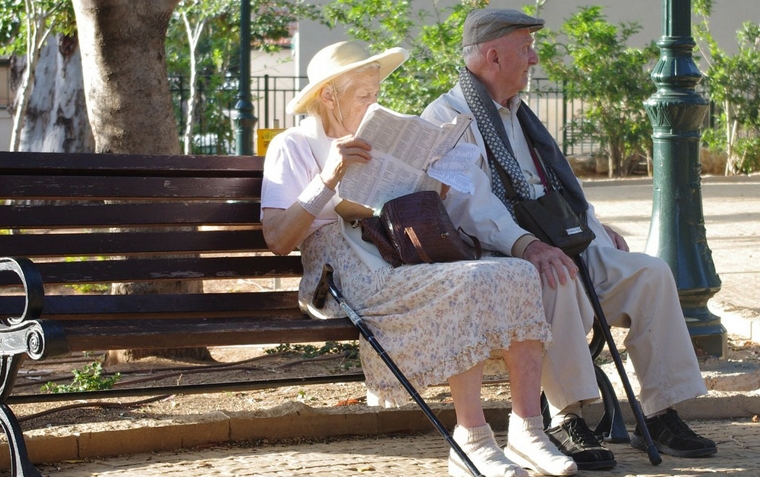According to the Centers for Disease Control and Prevention (CDCP), falling is one of the leading causes of injuries (both fatal and nonfatal) among elderly
adults aged 65 and older. In 2013, CDCP reported that more than 2.5 million falls involving older adults that resulted in emergency treatment occurred. Of that number, approximately 734,000 elderly patients were hospitalized with injuries such as lacerations and fractures of the ankle, upper arm and hand, and 20 to 30 percent of those who fell suffered moderate to severe injuries, such hip and spine fractures or traumatic brain injury.
For seniors age 75 and older, the CDCP indicates falls are four to five times more likely to happen and result in long-term care facility admission than for those ages 65 to 74. Although weather and environment play large parts in the severity of a fall, older adults can take steps to reduce the chances of falling.
Exercise programs can help to improve balance. Seniors should reduce and repair potential tripping hazards at home, such as loose boards and spills; they should also wear slip-resistant socks and shoes inside and outside the home. Adding grab bars inside the bathroom and tub, putting safety railings on stairways and improving lighting throughout the home will create a safer atmosphere and reduce the risk of falling. Regular vision checks, reviews of all medications that can cause side effects such as dizziness and drowsiness, and increasing intake of calcium and vitamin D are recommended.
For seniors enjoying independent living, personal medical alert systems may help to relieve anxiety over potential falls and injuries and ensure medical attention is received immediately if a fall does occur.
“The majority of senior citizens that injure themselves actually do so outside the home,” stated Beverly Lawton, executive director of Franciscan Companies, a provider of the Philips Lifeline medical alert service in the Syracuse area. Lawton points out that devices like Franciscan Lifeline actually assist seniors in remaining active and independent. “For someone who is golfing, out walking or lives on a large property such as a farm, a device such as a mobile help button will help an active senior continue to live a mobile lifestyle,” explained Lawton.
“An alert device is automatically connected with a response center that can send out family members, or alert the police, fire and ambulance if needed, even if a senior is unable to speak,” explained Lawton. “Our mobile device also has an audio beacon that can pinpoint the location of someone who is not immediately visible should the accident occur outside in the dark.”
The company’s response and monitoring center is fully staffed at all times and ready to handle emergencies or simply to assist a client should a button be activated by accident.
Lawton states the most important factor in making the decision to utlize a medical alert system is to educate seniors to understand the system helps promote independence, not take it away. “A medical alert system provides peace of mind. You don’t wait to buy insurance until your house burns down and you shouldn’t wait until a family member is on the floor to get a monitoring system,” stated Lawton. “The earlier the intervention the better everyone sleeps at night.”
The company offers services that fit all budgets. For more information on Franciscan Lifeline, call (315) 492-8175.




